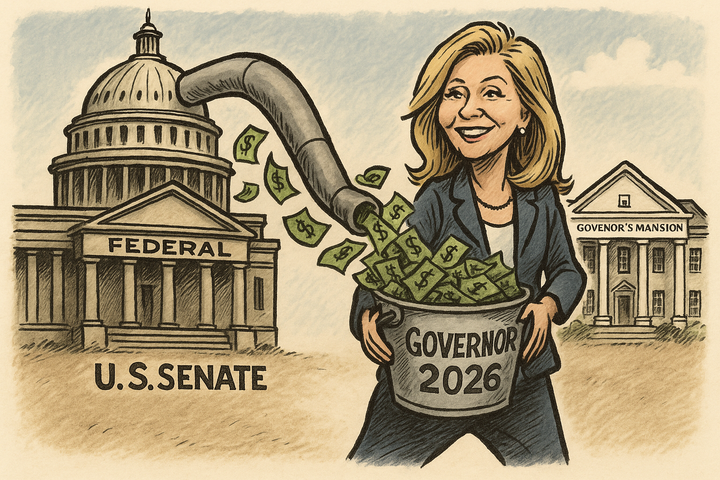Washington County’s GOP faces an unprecedented internal battle as Rule G, Section 11 is invoked to potentially dissolve its duly elected leadership—raising questions about precedent, party unity, and grassroots vs. establishment power.
The internal battle in Washington County’s Republican Party is not an isolated flare-up — it’s a microcosm of a larger war reshaping the Tennessee GOP. Across the state, grassroots conservatives have successfully unseated establishment-aligned party leaders in county conventions, dramatically transforming leadership in some of Tennessee’s most influential Republican strongholds — including Williamson, Hamilton, Shelby, and Knox counties. Only Davidson County remains as a notable holdout.
These shifts reflect a growing backlash against the old-guard GOP and its deep ties to corporate interests, machine politics, and an increasingly disconnected donor class. In Washington County, this tension has come to a head in the form of an internal stalemate on the County Executive Committee (CEC), with some members refusing to cooperate after losing control in the most recent reorganization.




